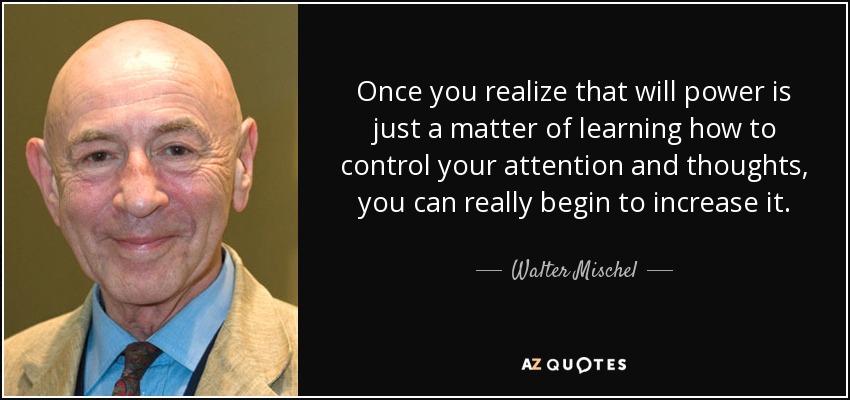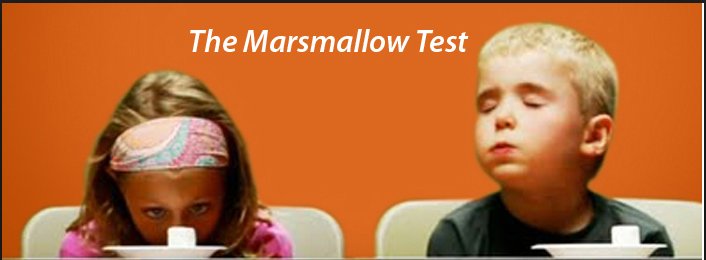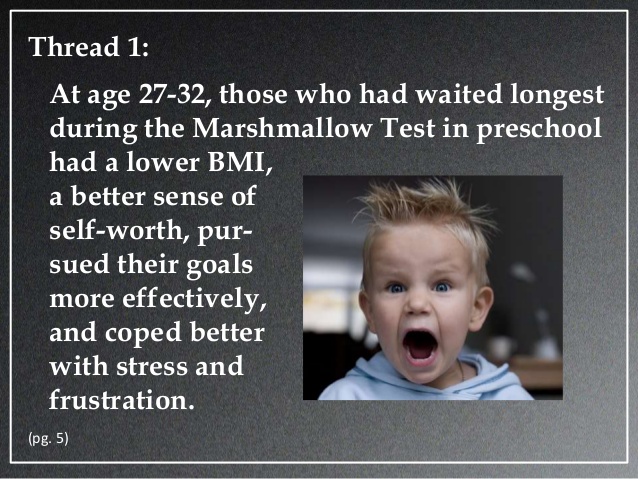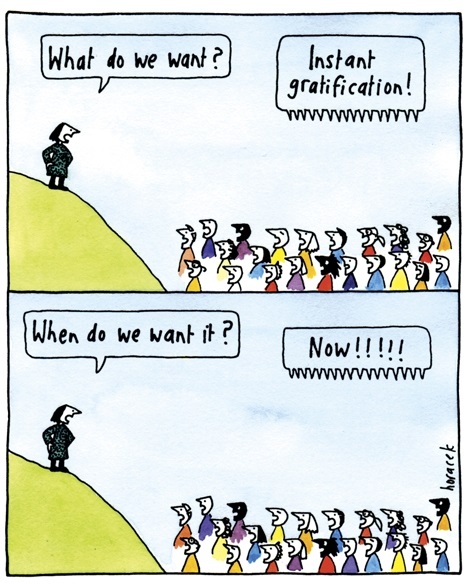Doctor Walter Mischel, a leading researcher in the fields of personality theory and social psychology died on the 12th of September 2018 in New York City, aged 88. At the time of his death Dr. Mischel was Professor Emeritus of Psychology at Columbia University but it was at Stanford University back in the 1960s and 70s that Dr. Mischel conducted his most well known experiments, the Marshmallow test. The image below is of Walter Mischel.

The Marshmallow test is simple enough on the surface. The test subjects were children who all attended Stanford’s Bing Nursery School, ages 4 to 6. The children were placed in a room with only a table and chair (child sized) where an adult tester gave each child a treat, a marshmallow or a cookie. The tester told the children that if they didn’t eat the treat until the tester returned they would be given a second treat. The tester then leaves the room, usually for fifteen minutes and the child was filmed during the entire test.
The test is a study of the psychology of delayed gratification, whether or not the test subject has the patience to wait for a greater reward. Dr. Mischel’s original intent was to discover at what age between 4 and 6 this patience developed but over the course of time the test unveiled a great many other secrets as well.

As you might guess, the majority of the children simply eat their treat the moment the adult leaves the room. The most interesting initial discovery however was that those children who succeeded in waiting generally did so by distracting themselves, even if it was no more than just turning their chair around so that they couldn’t see the treat. Of the 600 children who took part in the original set of tests, just over a third waited and received their promised second treat.
In 1988 and 1990 Dr. Mischel conducted a follow up study of the children who had taken part in the test and were now teenagers preparing for college. What Dr. Mischel found was that those who had as children waited and gotten the second treat had statistically preformed much better in school, even had significantly higher scores on the Scholastic Aptitude Test (SAP) needed for admission to college. It was found that even the children’s parents considered them to be more mature, more reliable. The same psychological traits that had enabled them to succeed at the marshmallow test were now allowing them to succeed in later life.

This is not to say that the results of the marshmallow test can be used to predict future success. Even Dr. Mischel strongly cautioned against any such assumptions, “The idea that your child is doomed if she chooses not to wait for her marshmallows is really a serious misinterpretation,” he said in an interview. In fact later studies would show that social and economic status were critical factors in determining whether or not a child would wait for the second treat.
Before I go it’s important to note in our current political climate that Doctor Walter Mischel was an Austrian Jew whose family fled the Nazi occupation of Austria in 1938 and who entered the United States as a political refugee. Arriving in the United States at the age of eight with basically nothing Walter Mischel managed to get his Ph.D. from Ohio State University and taught at the University of Colorado and Harvard along with Stanford and Columbia. Another example of how the United States profited from someone that another country didn’t want because of blind racist hatred.

